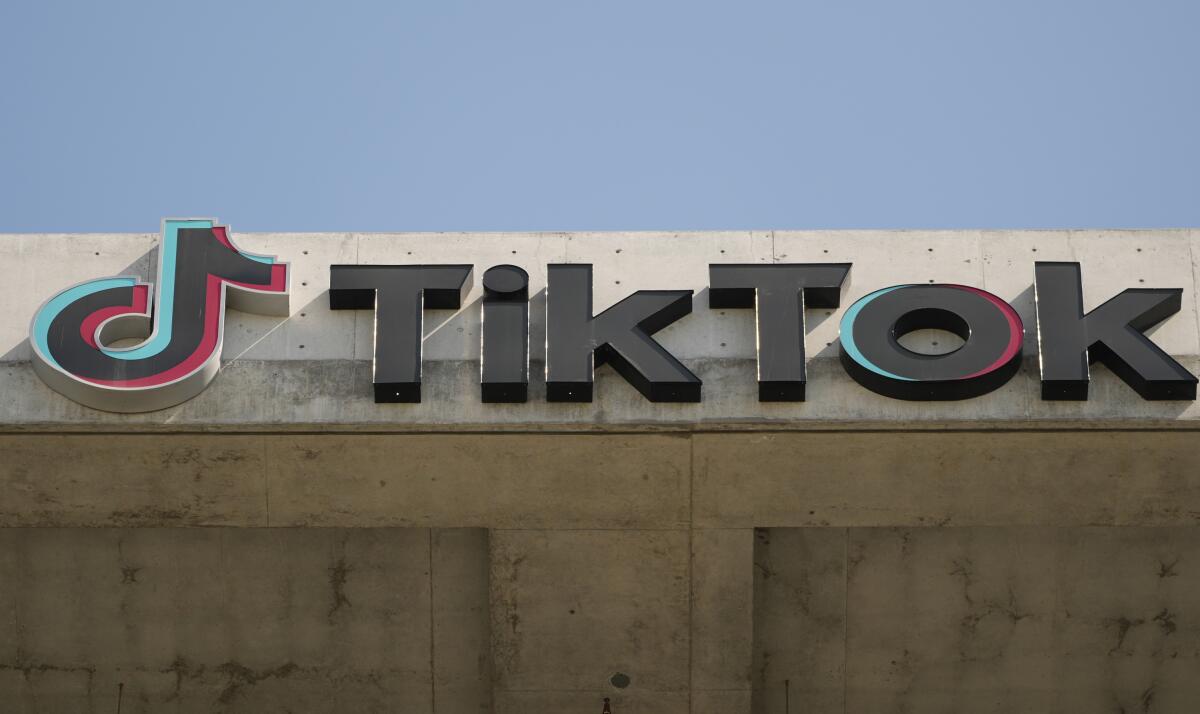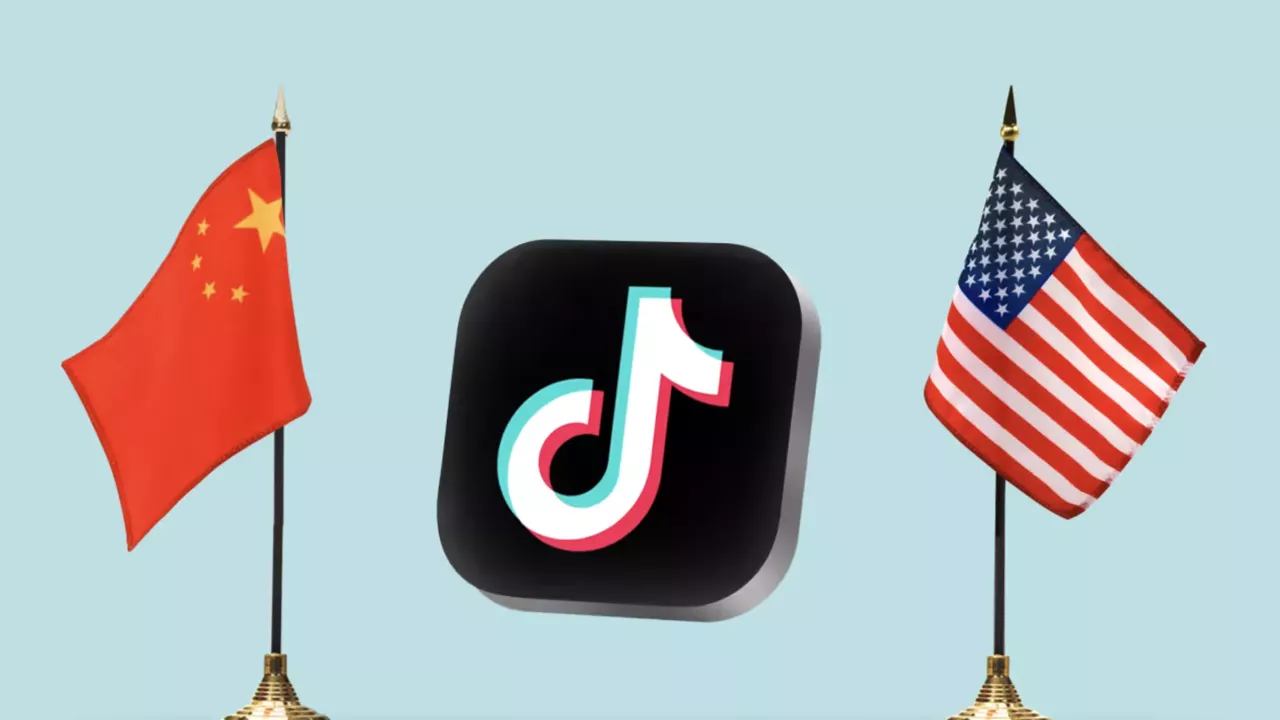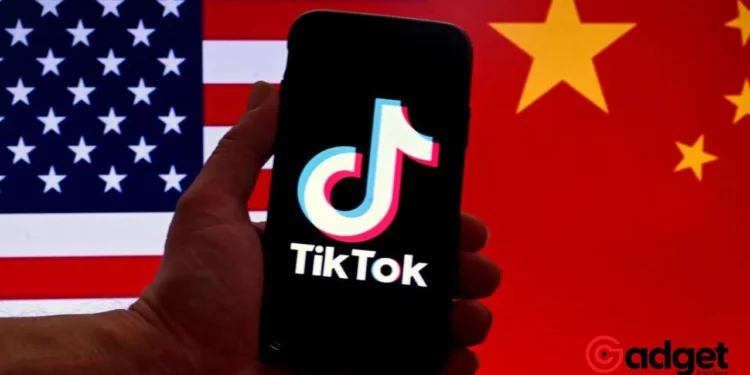In the ever-evolving landscape of global tech, TikTok stands as a cultural powerhouse caught between two superpowers. The social media platform, beloved by millions for its viral dances and bite-sized entertainment, has become the latest battleground in the intricate dance of power between the United States and China.
At the heart of this saga is none other than Steven Mnuchin, former U.S. Treasury Secretary, who is leading a charge that could reshape the future of digital expression.

The Legislative Chessboard
In a move that underscores the strategic importance of digital platforms, the House of Representatives has passed a bipartisan bill signaling a clear stance: ByteDance, the parent company, must either divest its interest in the app or face a ban in the U.S.
This decision highlights the growing concern among U.S. lawmakers over the potential for foreign influence and data security risks. Mnuchin’s backing of the bill, emphasizing the need for TikTok to come under U.S. ownership, reflects a broader narrative of digital sovereignty. “This should be owned by U.S. businesses.
There’s no way that the Chinese would ever let a U.S. company own something like this in China,” Mnuchin articulated, pointing to the fundamental asymmetries in U.S.-China tech relations.

The Geopolitical Echoes
China’s reaction to these developments has been both swift and sharp, urging the U.S. to halt its suppression of TikTok. This back-and-forth is more than a mere corporate acquisition tale; it’s a reflection of the simmering tensions between two global giants.
The narrative spun by Beijing positions the U.S. legislative actions as a masked form of tech warfare, with accusations flying over the lack of evidence to substantiate claims of TikTok as a national security threat.
Just a few years ago, #TikTok was drawn into geopolitics only because of US-China. But, this was because of government-to-government tension. Now, another dimension is emerging with the Hamas war. The users of TikTok are defining the geopolitics of the platform.
— abishur prakash (@abishurprakash) November 6, 2023
TikTok: More Than Just an App
The debate surrounding TikTok transcends its algorithmic genius or the joy it brings to its 170 million U.S. users. It’s about the invisible lines of control and influence that run through our digital lives. TikTok’s potential to act as a conduit for undue influence has alarmed lawmakers and tech investors alike, making it a focal point of national security discussions.
The platform’s valuation pegged at a staggering $220 billion, speaks to its monumental impact not just in market terms but as a cultural and strategic asset.
The Future in the Balance
As Steven Mnuchin and other interested buyers like Bobby Kotick navigate the complex waters of this potential acquisition, the world watches closely. The outcome will not only determine the fate of TikTok but also set a precedent for how digital assets are viewed and governed on the international stage.
Amidst this, the call from TikTok’s CEO for users to “Protect Your Constitutional Rights” echoes the broader implications for freedom of expression and the delicate balance of power in the digital age.

The unfolding drama of TikTok’s future ownership, set against the backdrop of U.S.-China tensions, captures a pivotal moment in the global tech narrative. As Mnuchin steps into the spotlight, his move is more than a financial gamble; it’s a statement on the future of digital sovereignty, privacy, and the global balance of power. The stakes are high, and the world is watching.
Will TikTok remain a global village square, or will it become a chess piece in the geopolitical game? Only time will tell, but one thing is certain: the battle for TikTok is a signpost of the times, signaling the deep undercurrents shaping our connected world.










